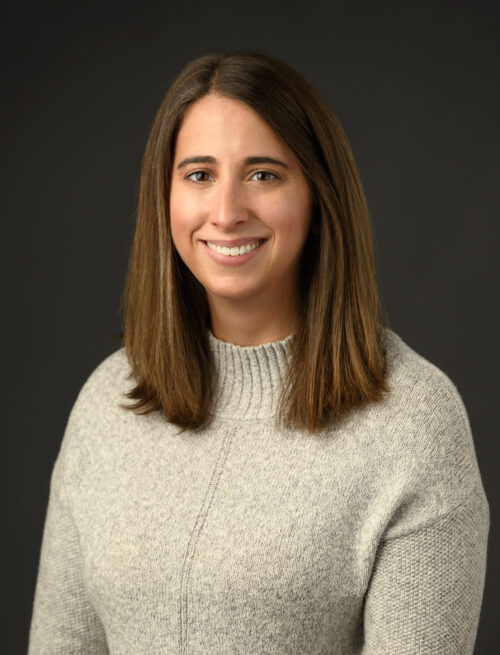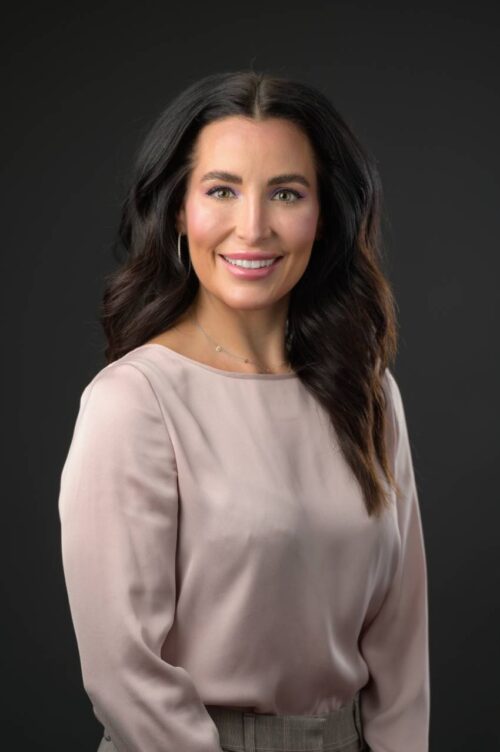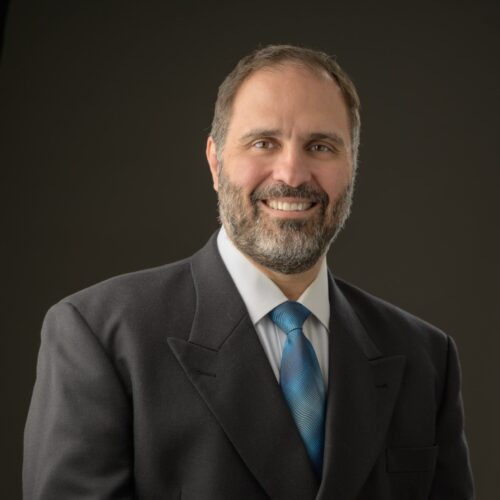Optical

Patient-Centric, Personalized Care for the Family
Here at North Park Ophthalmology, every patient is treated like family. Since 1969, we have established a close relationship with the Greater Pittsburgh population, making it a point to develop customized treatment plans that fit each patient’s needs and lifestyle preferences. Whether you need your first eye exam or have been wearing glasses and contacts for decades, we’re here. Our dedicated team of ophthalmologists has decades of experience performing eye exams and administering prescription glasses. As an independent practice, we can spend ample one-on-one time with you, ensuring that your unique vision needs, and aesthetic preferences are met to the best of our abilities.
What Happens During an Eye Exam?
During a comprehensive eye exam, your eye doctor will check your eyes for common eye conditions. We will also determine if you require a prescription for glasses or contact lenses. You’ll be asked to read a line of letters from an eye chart and complete several visual acuity tests during your eye exam. Your ophthalmologist may also dilate your pupils. Dilating your pupils allows us to perform a more thorough exam to check for health issues.
What are the Most Common Eye Conditions?
The most common eye conditions include:
Do I Still Need an Eye Exam If I Have 20/20 Vision?
Even if you have 20/20 vision and don’t use visual aids to see clearly, eye exams are still necessary. Eye exams are the only way your ophthalmologist at North Park Ophthalmology can check how healthy your eyes are. Only your eye doctor or a member of our staff can check your eyes, but an eye exam with your eye doctor can also help detect signs of stroke, diabetes, brain tumors, cardiovascular disease, and many other health conditions. It’s imperative to schedule annual eye exams if you have a family history of eye conditions such as glaucoma, diabetic retinopathy, and age-related macular degeneration.
What’s the Difference Between Reading Glasses and Prescription Glasses?
Reading glasses are glasses with mild magnification to aid in reading or seeing things up close. They typically range in strength from +1 to +4 diopters for patients with presbyopia. Reading glasses are available over the counter without a prescription from your eye doctor. Prescription glasses are only available through an eye doctor and are used to help patients with refractive errors, including nearsightedness, farsightedness, and astigmatism. Prescription glasses carry much higher magnification strengths.

Our Practice Provides
Insurance
The dedicated team of ophthalmologists at North Park Ophthalmology firmly believes that eye exams and corrective lenses should be affordable and accessible to all. We accept most major insurance plans, including Medicare and Medicaid.
Contact Lens Fittings
If you wear contact lenses or have decided to start wearing them, you’ll begin by having a contact lens fitting. Contact lenses are not one-size-fits-all. Contact lens fittings help your North Park Ophthalmology eye doctor determine the best contact lenses for your eyes and visual needs. During your contact lens fitting, you’ll have various things evaluated. These include your corneal health, refractive error, potential astigmatism, and other characteristics of your eye. Your ophthalmologist will take detailed measurements of your eye to help select the most appropriate lens design, material, and prescription lens power.
You’ll also be asked to try out different kinds of contact lenses. Trying out various contacts will help your eye doctor evaluate how the lens moves in and on your eye, whether they fit correctly, and give you the visual quality you require. The goal of your contact lens fitting at North Park Ophthalmology is to find contact lenses that provide you with clear, sharp vision that are comfortable and easy to wear. Your eye doctor will take factors like the curvature of the front of your eye into account, as well as how much oxygen can permeate the contact lens, how much moisture the contact lens has, and the diameter of the lens to determine if a contact lens is an appropriate fit for your eye. A contact lens fitting will ensure you have a tailored recommendation for your eyes when wearing contact lenses.




